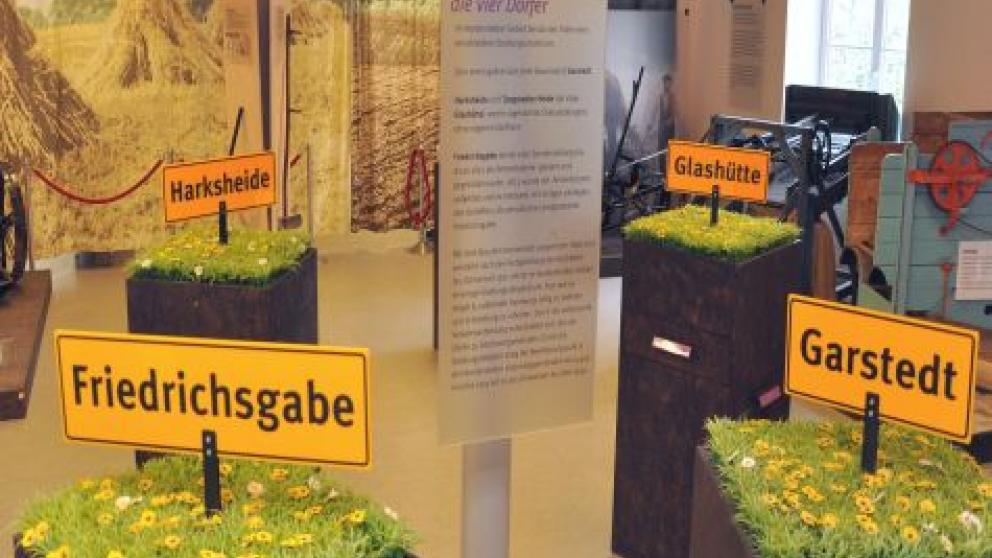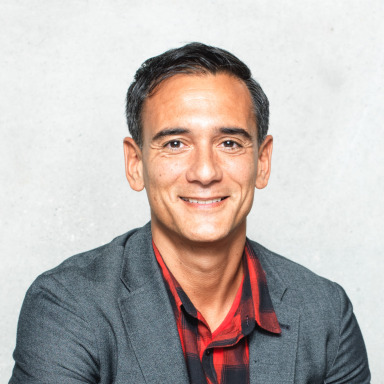Sustainable Urban Development: IASS Selected to Support “Norderstedt City of the Future”
06.07.2017

Affordable housing, sustainable mobility solutions, and demographic change are just some of the challenges that cities have to grapple with today. Organised by the Federal Ministry of Education and Research (BMBF), the “City of the Future” competition brings together businesses, local government, researchers and members of the public to develop sustainable solutions for urban development. The IASS has been selected to provide its expertise to the town of Norderstedt in Schleswig-Holstein, which is one of twenty urban centres in Germany in the second phase of the competition.
On 24 June, a jury of 16 experts from leading local government organisations, civil society, academia, and policymaking selected the IASS from a field of five competitors. The institutions had presented their concepts to interested members of the public in Norderstedt on the previous day. Together with planning agency “landinsicht”, the IASS won the competition by a clear majority in the first round of voting with a concept to foster dialogue and facilitate implementation for sustainable urban development (“Vierfach voraus! Nachhaltigkeit einfach machen”).

Workshops to foster networking and debate
“The title of our concept might not sound visionary at first, but we delivered exactly what was asked for: practicable guidelines for implementation rather than a sustainability concept that is heavy on theory. We felt that it was important for our concept to be firmly rooted in Norderstedt and reflect the town’s unique characteristics. For example, the fact that the city is dominated by single-family households with plenty of green areas, but also lots of streets and public spaces,” explained Manuel Rivera, a scientific project leader at the IASS.
The IASS concept includes a wealth of individual measures, which will build on previously established narratives that position Norderstedt as a walkable city set among green fields. Four coordinators will instigate these measures in architecturally striking workshops in the city and continue to develop them further in cooperation with the public. The coordinators intend to study local needs, moderate discussions, bring actors together, and engage with existing initiatives in an effort to encourage greater public involvement in this transformation process.
IASS to support public participation
An IASS research team will support these projects by addressing a variety of questions such as: How can people who commute to Norderstedt be encouraged to become more involved in the life of the city? What can be done to future-proof neighbourhoods where ageing, single-family households predominate? How can the city’s latent car-sharing capacity be activated so that public space can be re-purposed or greened rather than being used for parking? To what extent can agricultural activities be brought into the city and who could benefit from this? The local government authorities have pledged to support the work of the IASS with a €50 000 grant. Additional funding will be provided by the Federal Ministry of Education and Research (BMBF) in the second phase of the project in Norderstedt.
IASS researchers plan to make good use of different forms of citizen participation, including planning cells, street actions, and cooperative initiatives, in the course of their work in the town. “This is an example of the United Nations Sustainable Development Goals becoming reality at local level. At this level, it becomes apparent that the goals speak to issues that affect citizens in their everyday lives and their long-term life plans. The project in Norderstedt represents a unique opportunity for us to study and improve the implementation conditions for these major goals in an affluent, medium-sized town,” explains IASS Scientific Director Patrizia Nanz, who will supervise the research.
The project will begin in autumn 2017 and continue into the coming year. If the research delivers promising and innovative findings, the IASS could be invited to participate in the third phase of the “City of the Future” programme. The BMBF would then provide additional funding for the project workshops over a five-year period.
